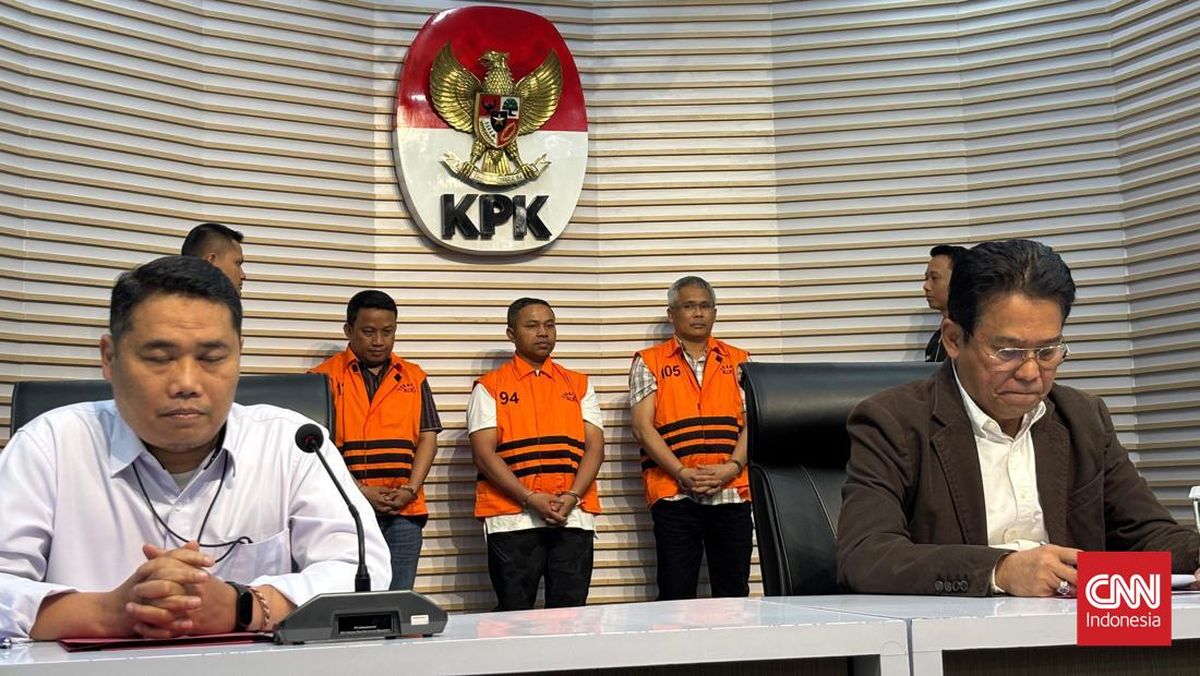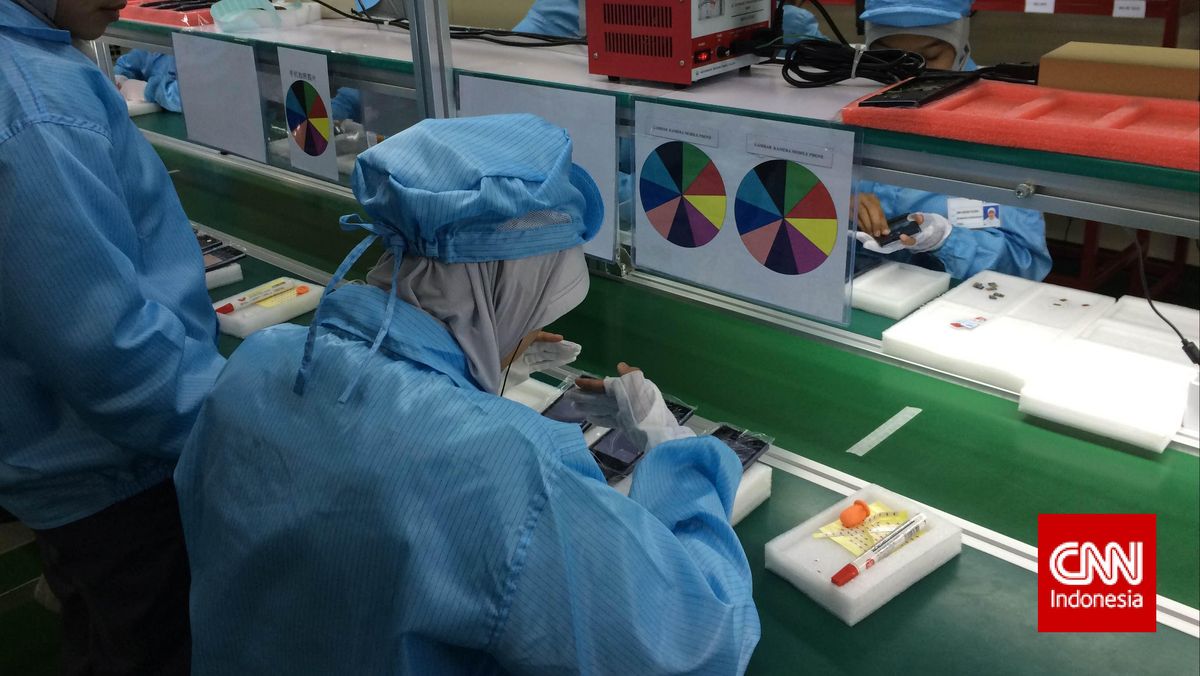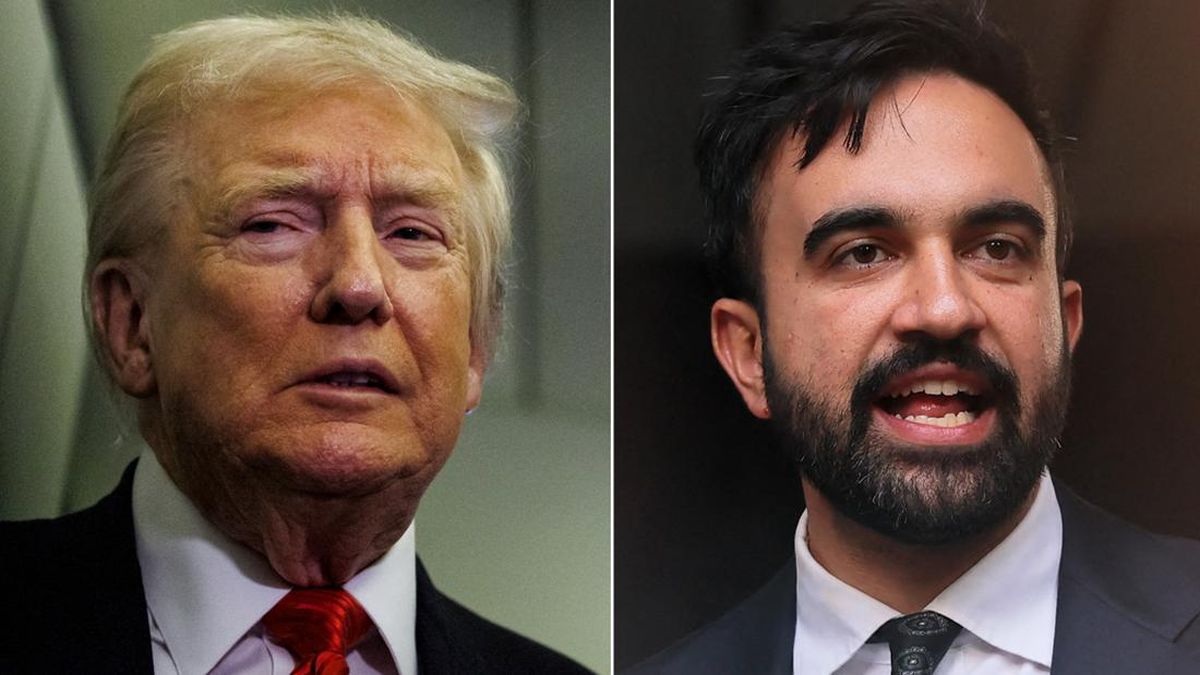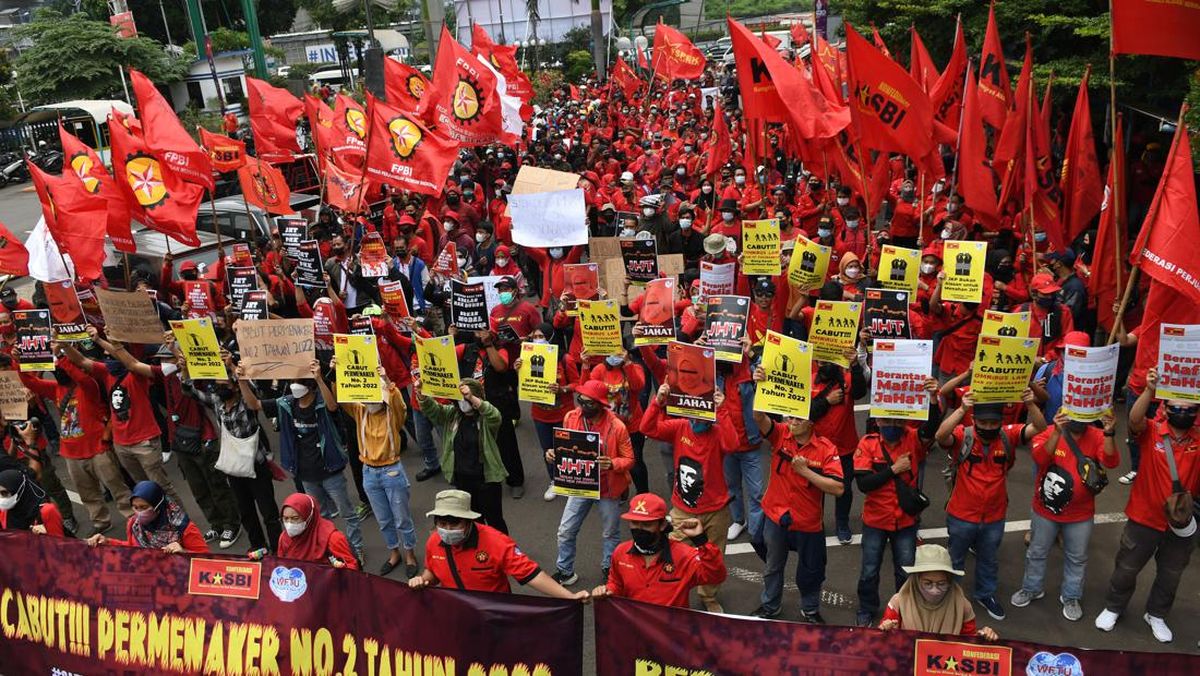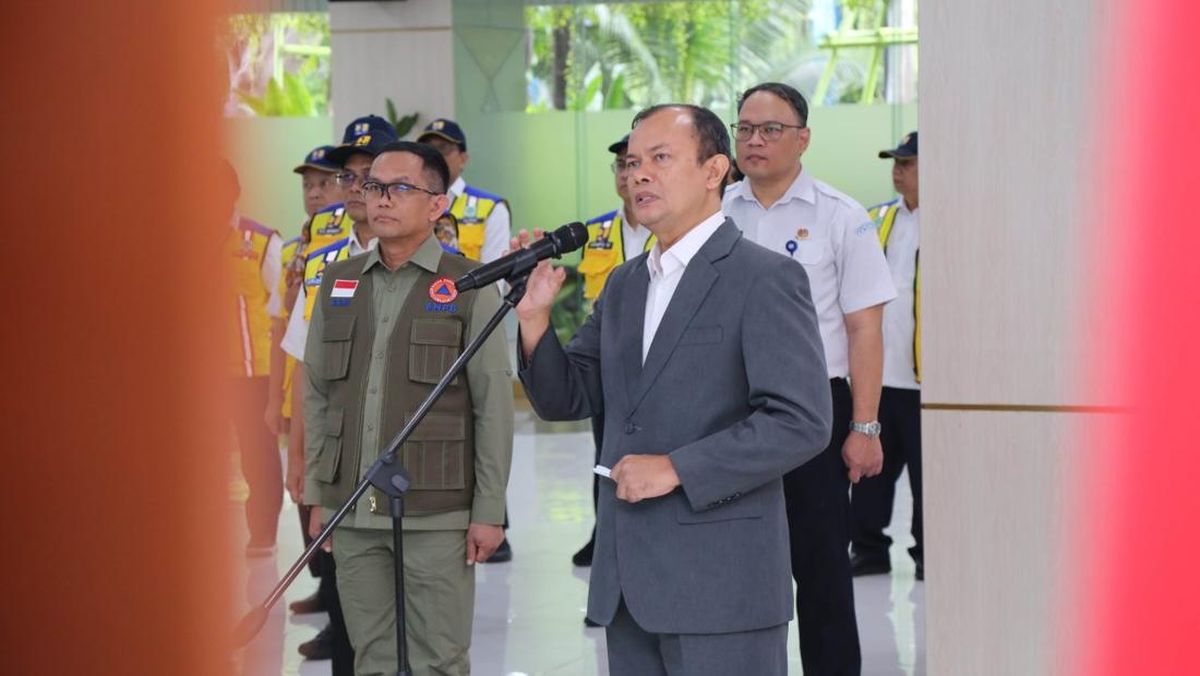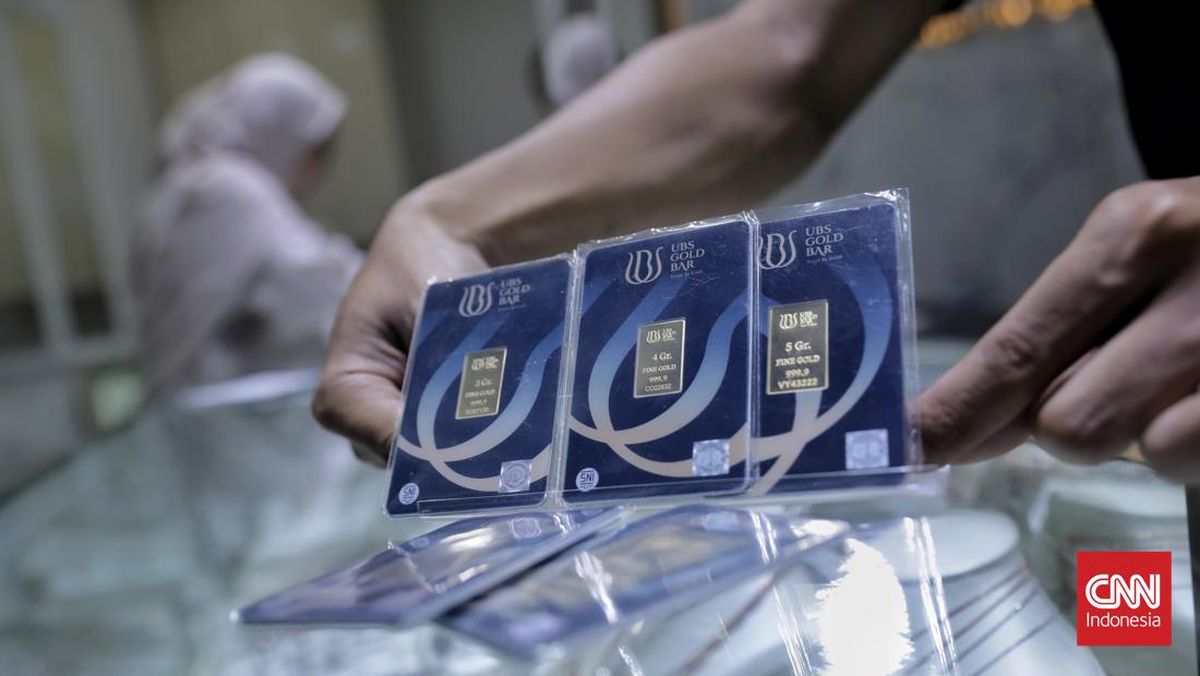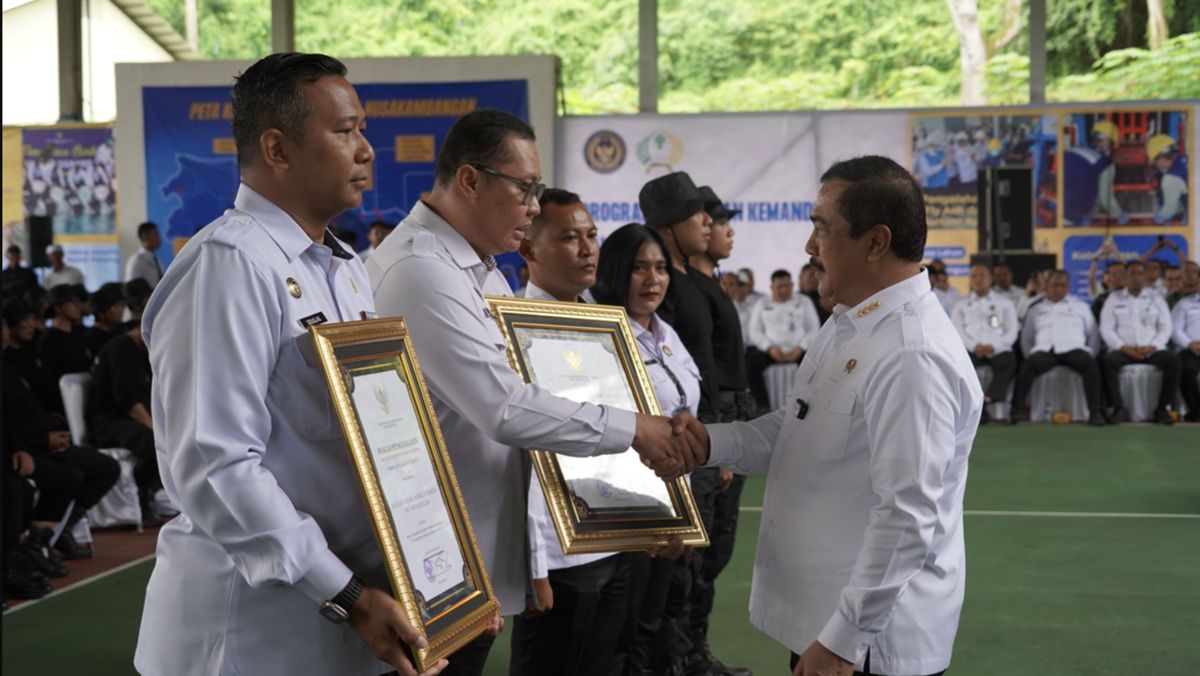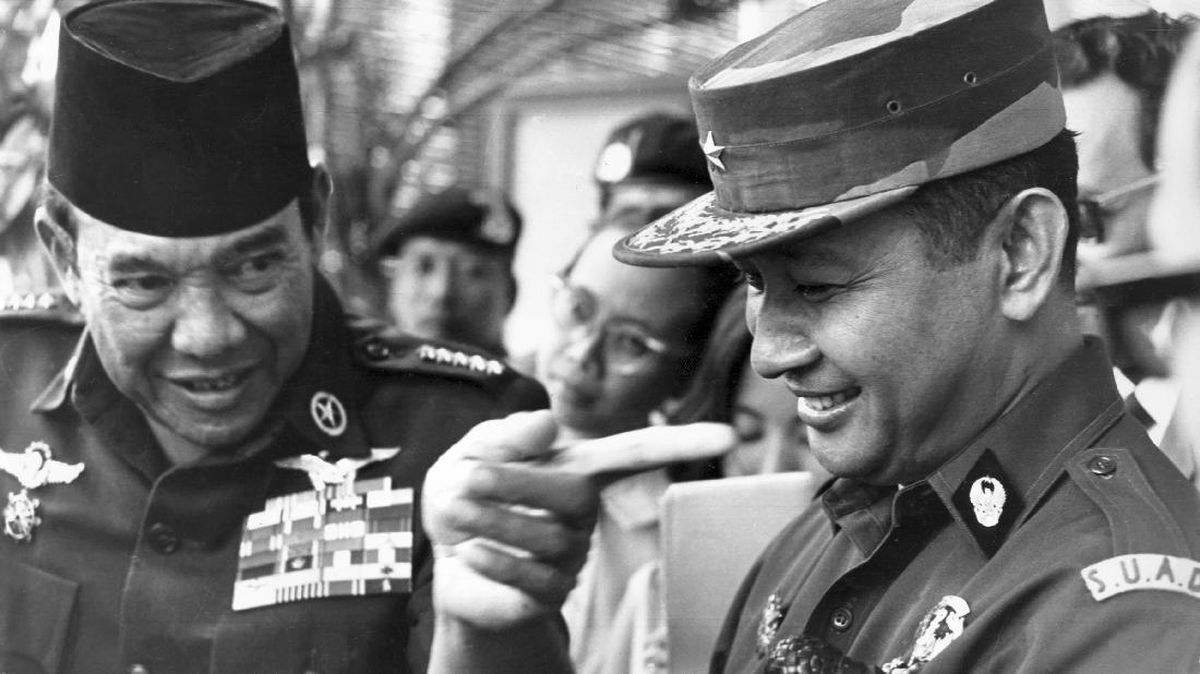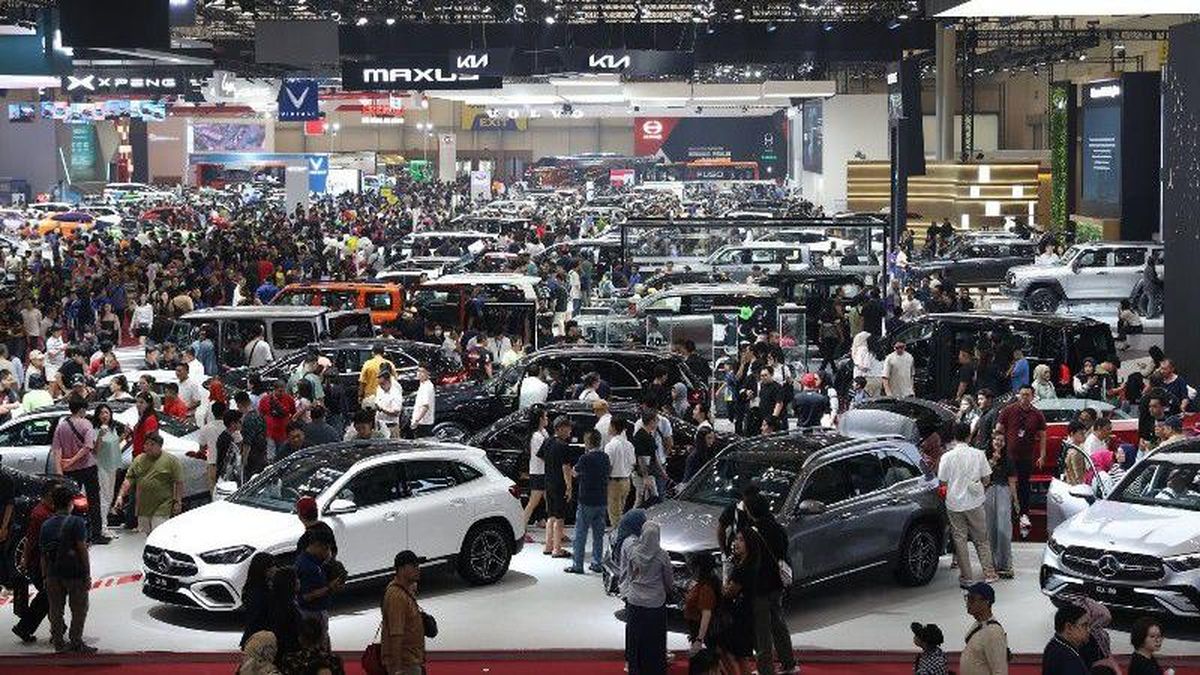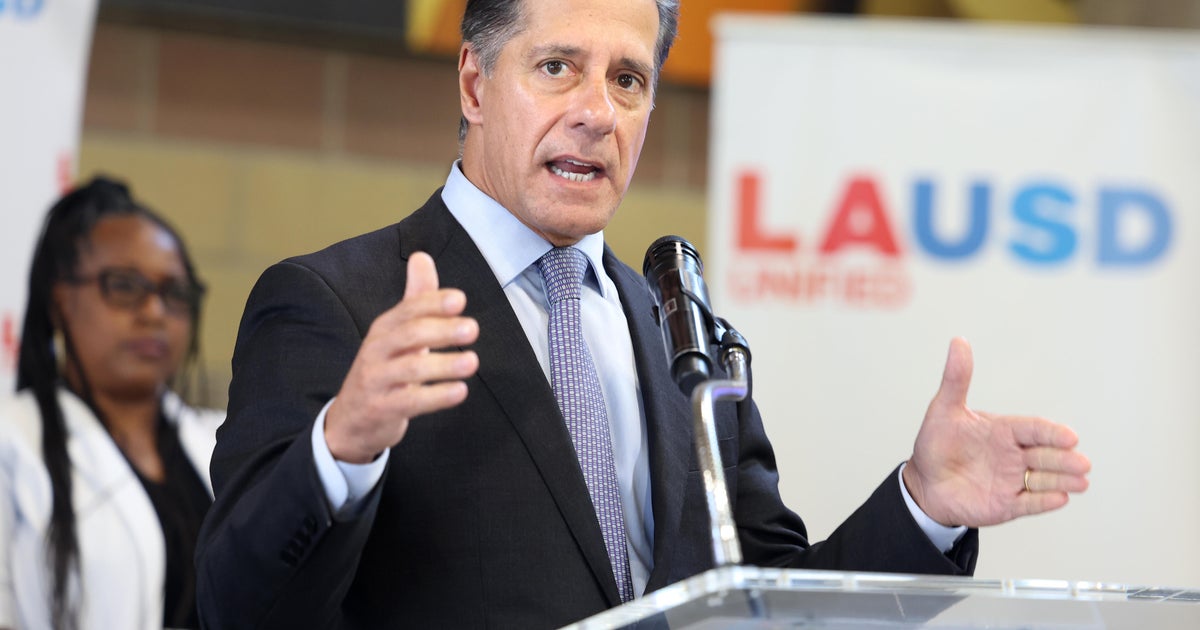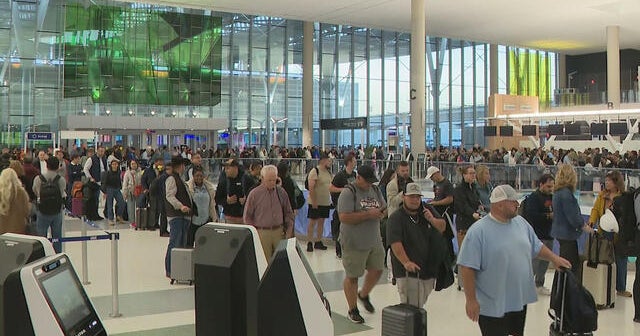By Reuters
November 1, 2025 — 1.41pm
Washington: President Donald Trump has reaffirmed that the United States will resume nuclear testing, but he would not answer directly when asked whether that would include underground nuclear tests that were common during the Cold War.
“You’ll find out very soon, but we’re going to do some testing,” Trump told reporters aboard Air Force One on Friday (Saturday AEDT) as he flew to Palm Beach, Florida, when asked about underground nuclear tests.

Donald Trump speaks to reporters on board Air Force One on Friday.Credit: AP
“Other countries do it. If they’re [going] to do it, we’re going to do it, OK?”
Trump said on Thursday that he had ordered the US military to immediately restart the process for testing nuclear weapons after a halt of 33 years, a move that appeared to be a message to rival nuclear powers China and Russia, whose last known tests were in the 1990s.
Trump made that surprise announcement on social media while aboard his Marine One helicopter flying to meet Chinese President Xi Jinping for a trade-negotiating session in Busan, South Korea.
It was not immediately clear whether Trump was referring to nuclear-explosive testing, which would be carried out by the National Nuclear Security Administration, or flight testing of nuclear-capable missiles.

An image taken from video distributed by Russian Defence Ministry Press Service shows an intercontinental ballistic missile being test-fired as part of Russia’s nuclear forces drills on October 22.Credit: AP
His comments have drawn confusion inside and outside the government, with some remarks seeming to refer to the testing of missiles that would deliver a nuclear warhead, rather than the warhead itself. There has been no indication that the US would start detonating warheads.
The US military already regularly tests missiles that are capable of delivering a nuclear warhead, but it has not detonated the weapons since 1992. The Comprehensive Nuclear Test Ban Treaty, which the US signed but did not ratify, has been observed since its adoption by all countries possessing nuclear weapons, North Korea being the only exception.
During a trip to Malaysia to meet defence ministers, US Defence Secretary Pete Hegseth said resuming testing was a “very responsible way” to maintain nuclear deterrence that would make nuclear conflict less likely, adding that the Pentagon would work with the Department of Energy.
“The president was clear: We need to have a credible nuclear deterrent,” Hegseth said. “That is the baseline of our deterrence.”
He added a few moments later: “It’s the right directive. We’ve moving out quickly.”
Trump’s post on nuclear tests came as Russia this week announced it had tested a new atomic-powered and nuclear-capable underwater drone and a new nuclear-powered cruise missile.
Russia responded to Trump’s post by underscoring that it did not test its nuclear weapons and has abided by a global ban on nuclear testing. The Kremlin warned though, that if the US resumed testing its weapons, Russia would as well – an intensification that would restart Cold War-era tensions.
Vice Admiral Richard Correll, Trump’s nominee to lead the military command in charge of the nation’s nuclear arsenal, struggled to interpret the president’s comments when he testified before senators during a Capitol Hill hearing on Thursday, telling them, “I’m not reading anything into it or reading anything out of it.”

South Korean President Lee Jae Myung talks with Chinese President Xi Jinping at APEC on Friday.Credit: AP
No nuclear power – other than North Korea most recently in 2017 – has carried out explosive nuclear testing in over 25 years.
Meanwhile, at the Asia-Pacific Economic Co-operation summit in South Korea on Saturday, Xi was set to meet South Korean President Lee Jae Myung for talks that Seoul officials said would touch on efforts to achieve denuclearisation and peace on the Korean Peninsula.
That agenda at the Xi-Lee meeting angered North Korea, a non-APEC member. North Korea’s Vice Foreign Minister, Pak Myong Ho, slammed South Korea for talking about “its daydream” of realising North Korea’s denuclearisation, saying North Korea would show how such a push is “a pipedream” that could never be realised. Park’s statement was seen as applying pressure on both South Korea and China ahead of their bilateral summit.
Loading
Before leaving South Korea on Thursday, Trump repeatedly expressed his desire to meet North Korean leader Kim Jong-un but North Korea did not respond.
Trump and Kim met three times in 2018-19, but their nuclear diplomacy eventually collapsed. North Korea has since vowed not to place its advancing nuclear program on a negotiating table, but experts say the North would aim for winning extensive sanctions relief in return for a partial surrender of its advancing nuclear program.
Reuters, AP
Most Viewed in World
Loading


